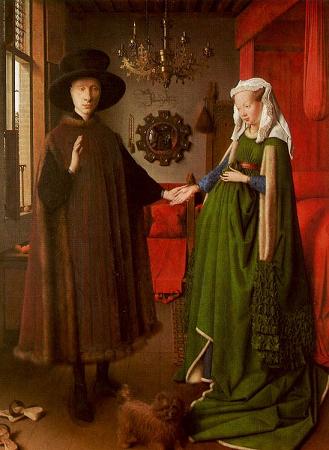Marriage. Marriage, also called matrimony or wedlock, is a culturally and often legally recognized union between people called spouses. It establishes rights and obligations between them, as well as between them and their children, and between them and their in-laws. It is considered a cultural universal, but the definition of marriage varies between cultures and religions, and over time. Typically, it is an institution in which interpersonal relationships, usually sexual, are acknowledged or sanctioned. In some cultures, marriage is recommended or considered to be compulsory before pursuing any sexual activity. A marriage ceremony is called a wedding. Individuals may marry for several reasons, including legal, social, libidinal, emotional, financial, spiritual, and religious purposes. Whom they marry may be influenced by gender, socially determined rules of incest, prescriptive marriage rules, parental choice, and individual desire. In some areas of the world arranged marriage, child marriage, polygamy, and forced marriage are practiced. In other areas, such practices are outlawed to preserve women's rights or children's rights or as a result of international law. Marriage has historically restricted the rights of women, who are sometimes considered the property of the husband. Around the world, primarily in developed democracies, there has been a general trend towards ensuring equal rights for women within marriage and legally recognizing the marriages of interfaith, interracial, and same-sex couples. Controversies continue regarding the legal status of married women, leniency towards violence within marriage, customs such as dowry and bride price, forced marriage, marriageable age, and criminalization of premarital and extramarital sex. Marriage can be recognized by a state, an organization, a religious authority, a tribal group, a local community, or peers. It is often viewed as a contract. A religious marriage is performed by a religious institution to recognize and create the rights and obligations intrinsic to matrimony in that religion. Religious marriage is known variously as sacramental marriage in Catholicism, nikah in Islam, nissuin in Judaism, and various other names in other faith traditions, each with their own constraints as to what constitutes, and who can enter into, a valid religious marriage. The word marriage derives from Middle English mariage, which first appears in 1250-1300 CE. Anthropologists have proposed several competing definitions of marriage in an attempt to encompass the wide variety of marital practices observed across cultures. Even within Western culture, definitions of marriage have careened from one extreme to another and everywhere in between. In The History of Human Marriage, Edvard Westermarck defined marriage as a more or less durable connection between male and female lasting beyond the mere act of propagation till after the birth of the offspring. In The Future of Marriage in Western Civilization, he rejected his earlier definition, instead provisionally defining marriage as a relation of one or more men to one or more women that is recognized by custom or law. The anthropological handbook Notes and Queries defined marriage as a union between a man and a woman such that children born to the woman are the recognized legitimate offspring of both partners. In recognition of a practice by the Nuer people of Sudan allowing women to act as a husband in certain circumstances, Kathleen Gough suggested modifying this to a woman and one or more other persons.
more...









